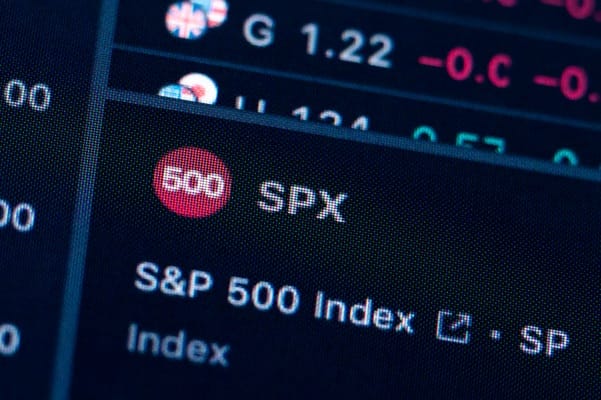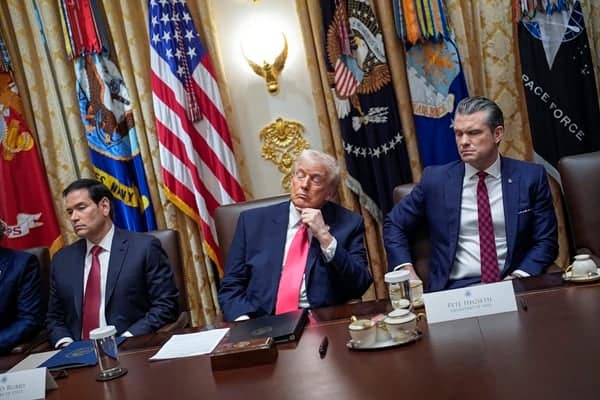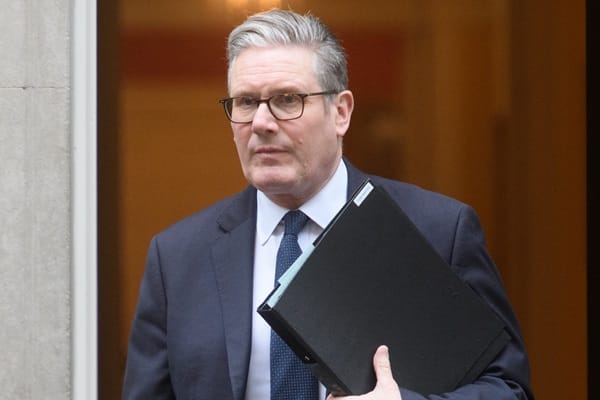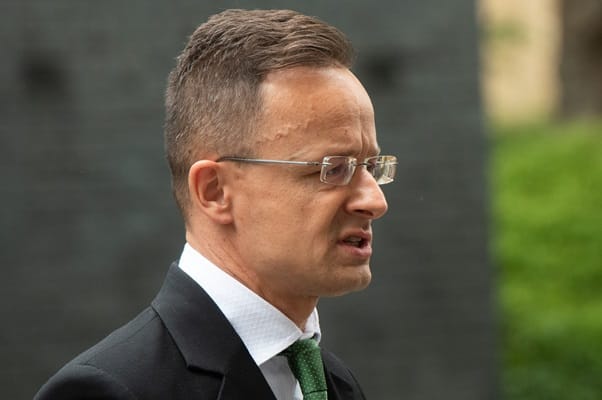European markets have kicked off on a somewhat indecisive tone, as fiscal concerns dominated headlines.
In the UK, the ONS reported a public sector net borrowing figure (excluding banks) of £20.2bn, the highest September reading for five years and £1.6bn more than a year earlier.
ONS chief economist Grant Fitzner flagged higher debt interest, public services spending, and benefits as the key drivers, offsetting gains in tax and NI receipts.
The figures add pressure on Chancellor Rachel Reeves ahead of next month’s autumn budget, where she is expected to announce tax hikes and spending cuts totalling at least £20–30bn.
Meanwhile, in France, S&P Global downgraded the country’s credit rating to A+ from AA-, citing persistent fiscal strains and weak deficit reduction progress.
Setting the two narratives against each other, there is clearly an ongoing narrative around fiscal instability and soaring debt levels that is not just a US-centric issue.
In Asia, Japan dominated headlines as Sanae Takaichi secured the lower house vote to become the nation’s first female prime minister. While Ishin’s support was decisive, the coalition remains two seats short of a majority, keeping political dynamics fluid.
Markets welcomed the result, with Japanese equities surging and the yen losing traction as the “Takaichi trade” builds on the narrative around a more expansive policy mix. Nonetheless, Meanwhile, yesterday saw BoJ board member Hajime Takata states that the time was ripe for raising interest rates, with investors turning their attention to next week’s BOJ meeting.
In the US, political uncertainty weighed on sentiment as the federal government shutdown moves into its 21st day, marking the third-longest closure in American history. Former CEA chair Kevin Hassett told CNBC the shutdown is shaving around $15 billion off GDP each week, highlighting the negative economic implications with each day that passes.
Between the ongoing shutdown, regional bank wobbles, and ongoing questions about US-China relations, US futures are currently pointing towards a downbeat open. Trump’s deal to obtain rare earth from Australian sources may seek to reduce their reliance on Chinese imports, but ultimately that is unlikely to make a dent given speed and volumes currently required by the US. Meanwhile, bipartisan talks over spending and the debt ceiling are expected to intensify this week, with investors closely monitoring developments for potential spill over effects into financial markets.








